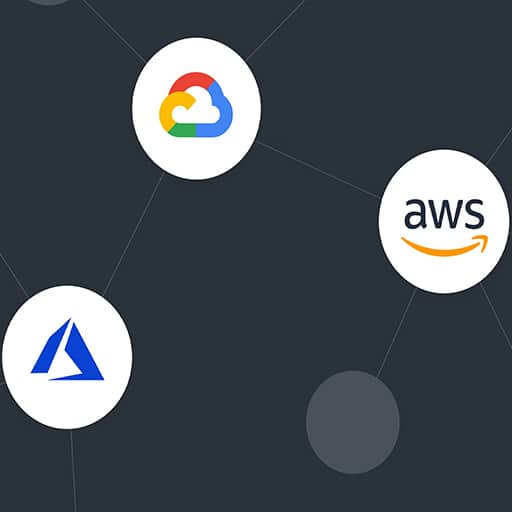
When it comes to deploying Docker containers to the cloud, three major cloud providers stand out: Amazon Web Services (AWS), Microsoft Azure, and Google Cloud Platform (GCP). Each of these providers offers its own set of features and benefits for container deployment. Let’s compare them:
1. AWS:
– Amazon Elastic Container Service (ECS): A fully managed container orchestration service that supports Docker containers. It integrates well with other AWS services and provides features like auto-scaling, load balancing, and service discovery.
– Amazon Elastic Kubernetes Service (EKS): A managed Kubernetes service that allows you to deploy and manage Docker containers using Kubernetes. It provides scalability, high availability, and integration with other AWS services.
– AWS Fargate: A serverless compute engine for containers that allows you to run Docker containers without managing the underlying infrastructure. It provides automatic scaling and integrates with ECS and EKS.
2. Azure:
– Azure Container Instances (ACI): A serverless container service that allows you to run Docker containers without managing the underlying infrastructure. It provides fast startup times, automatic scaling, and integration with other Azure services.
– Azure Kubernetes Service (AKS): A managed Kubernetes service that allows you to deploy and manage Docker containers using Kubernetes. It provides scalability, high availability, and integration with other Azure services.
– Azure Container Registry (ACR): A private registry for storing and managing Docker container images. It integrates well with other Azure services and provides features like geo-replication and security.
3. GCP:
– Google Kubernetes Engine (GKE): A managed Kubernetes service that allows you to deploy and manage Docker containers using Kubernetes. It provides scalability, high availability, and integration with other GCP services.
– Google Cloud Run: A serverless compute platform that allows you to run Docker containers without managing the underlying infrastructure. It provides automatic scaling, fast startup times, and integration with other GCP services.
– Google Container Registry (GCR): A private registry for storing and managing Docker container images. It integrates well with other GCP services and provides features like geo-replication and security.
In terms of pricing, all three providers offer different pricing models based on factors like compute resources, storage, and network usage. It’s important to compare the pricing details for your specific use case to determine the most cost-effective option.
Overall, the choice between AWS, Azure, and GCP for deploying Docker containers depends on your specific requirements, existing infrastructure, and familiarity with the respective platforms. It’s recommended to evaluate each provider’s features, pricing, and support options before making a decision.